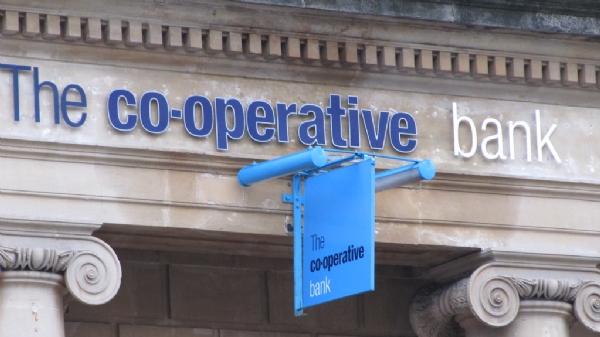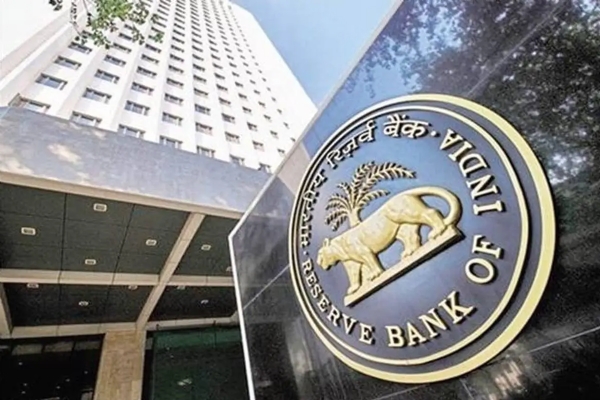Cooperative bank soul of Indian Economy
Co-operative banks help in promoting financial inclusion. The strong grassroot level presence of co-operative banks facilitates their pivotal role in furthering financial inclusion.
Total Views |
Cooperative is the soul of the country. Cooperative is a way to unite all the citizens. Sustainable growth is impossible without the contribution of the cooperative. The co-operative banking structure in India is a very old concept and later it was developed with a specific focus on serving the requirements of marginalised borrowers and meeting the development needs of rural as well as urban areas and now contributing handsomely in the economy.

The Reserve Bank and GOI have been initiating reforms to strengthen the cooperative banking structure. The GOI and RBI are more focusing on two strategies; Statutory reforms and Regulatory support. The amendment to the Banking Regulation Act, 2020 has eased capital raising constraints of urban co-operative banks (UCBs). Cooperative banks are more focused on evaluation of profitability, maintaining asset quality and capital adequacy.
Wrongdoers had misused its loopholes, which was observed by GOI, and they tried to stop it by creating a separate ministry on continuous request of Sahkar Bharati, which will surely give boom and growth to the economy, which is an applaudable step of the current government. Separate ministry may bring drastic changes in its policy and transparency in the cooperative movement.
Capital is a very important component for any financial institution. UCB’s are mandatory to maintain CRAR, which is the regulatory requirements. At end-March 2022, 94 percent of UCBs maintained capital to risk-weighted assets ratio (CRAR) above the regulatory minimum of 9 percent. Over the last decade, the capital buffers of UCBs have improved. Many cooperatives are maintaining CRAR much higher than regulatory requirements.

Finance business mostly depends on its Asset quality, which is measured by the gross non-performing assets (GNPA) ratio. UCB’s are maintaining good GNPA and there are many scopes to reduce it. Provisioning requirements have also been reduced for UCBs. UCBs, however, showed prudence and their provision coverage ratio increased year-on-year. UCBs are facing bad asset quality for big ticket size loans and now many of them are taking more precaution before sanctioning.
Co-operative banks help in promoting financial inclusion. The strong grassroot level presence of co-operative banks facilitates their pivotal role in furthering financial inclusion. The RBI keeps on revising targets for Priority sector lending. In June 2022, the Reserve Bank increased individual housing loan limits for UCBs.
UCB’s were facing difficulties opening branches. Now, under the revised regulatory framework, the Reserve Bank decided to introduce an automatic route for branch expansion of UCBs that meet the revised financially sound and well managed (FSWM) criteria. The FSWM benchmark shows healthy indicators of banks.
However, Co-op banks are facing challenges in incorporating corporate governance practices, Increasing NPA and rising frauds. For this RBI is continuously tightening the guidelines also.
With growing penetration of commercial banks in the hinterland, the relative size and influence of co-operatives is shrinking. At end-March 2021, the aggregate balance sheet size of the co-operative banking sector at`20 lakh crore was 10.3 per cent of the SCBs’ consolidated balance sheet, down from 19.4 percent at end-March 2005.
Due to financial weaknesses and not adhering guidelines of RBI, resulting in reduction in the sector, including amalgamation of unviable UCBs with their viable counterparts, closure of non-viable entities and suspension of issuance of new licenses. As a result, the number of UCBs progressively declined. One side is tense to those who are on the border to negligence and another side strengthening and giving confidence to adhered ones. Balance sheet of UCB’s is growing periodically as compared to SCB.

After all, somewhere it's required to bring cooperative banks parallel to nationalised banks by providing MUDRA loan, Raising capital through the public.
In India, many NGOs are working to strengthen the Co-operative sectors, in which Sahkar Bharati is committed to keep its purity away from political interference. It's working to bring cooperation in the front row for speedy, balanced, and sustainable growth of the economy.
--



